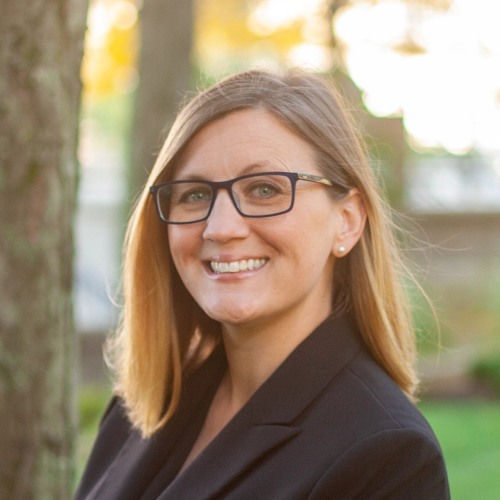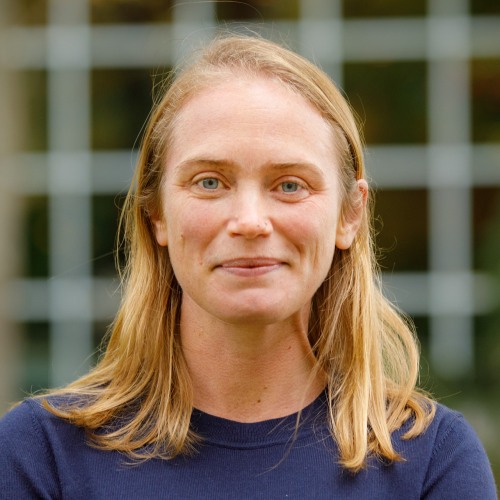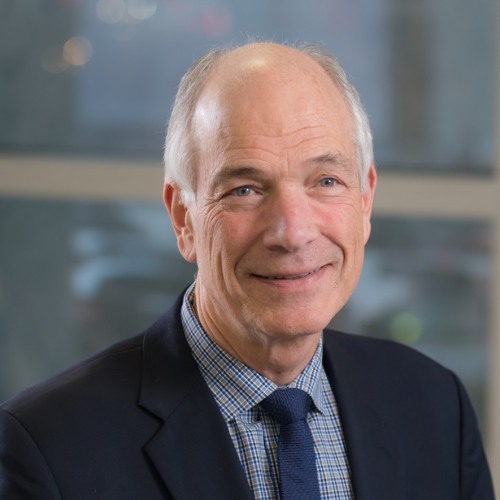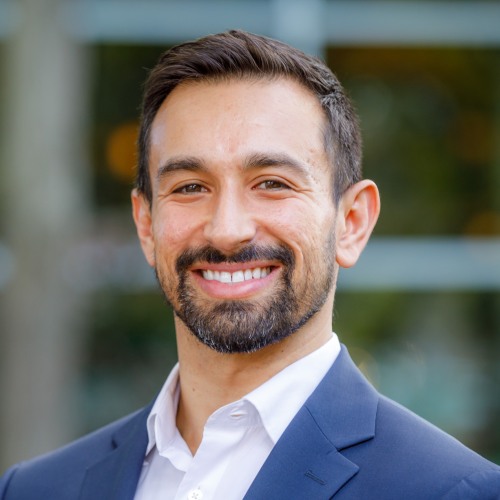Aging and Long-Term Care
-

Jill Harrison, Ph.D.
Executive Director of the National Institute on Aging (NIA) IMPACT Collaboratory, Associate Professor of the Practice of Health Services, Policy and PracticeResearch Interests: pragmatic trials in real-world settings, engaging residents of long-term care communities as evaluators of care quality, developing culturally congruent person-centered care approaches in health care systems, organizational cultural change -

Nina Joyce, Ph.D., MPH
Assistant Professor of EpidemiologyResearch Interests: Improving the safe-mobility of older adults and advancing methods for studying causes of motor vehicle crashes, particularly among older adults with dementia or other cognitive impairmen -

Vincent Mor, Ph.D.
Florence Pirce Grant University Professor, Professor of Health Services, Policy and PracticeResearch Interests: Aging and long-term care, The use of health services, and the outcomes that frail and chronically ill persons experience -

Andrew Zullo, PharmD, Ph.D.
Associate Professor of Health Services, Policy and Practice, Associate Professor of EpidemiologyResearch Interests: Improving medication and vaccine use for older adults
Our experts in the news
Ellen McCreedy, associate professor of health services, policy, and practice at the Brown University School of Public Health, is studying a toe-tapping alternative that could reduce reliance on antipsychotic medications. The university’s ongoing study, “Music and Memory,” looks at how music can be used as a non-pharmacological intervention for people with Alzheimer’s disease and related dementias.
How cutting Medicaid could upend long-term care for many older Americans
Medicaid, the largest payer for long-term care facilities, covers around 2 in 3 nursing home residents, and reducing dollars to the massive, yet already resource-limited, program could have disastrous effects on older adults’ health, safety and quality of life. Vincent Mor, professor of health services, policy and practice at the Brown University School of Public Health, comments.
Older Americans say they feel trapped in Medicare Advantage plans
Enrollment in Medicare Advantage plans has grown substantially in the past few decades, enticing more than half of eligible people, primarily those 65 or older, with low premium costs and perks like dental and vision insurance. And as the private plans' share of the Medicare patient pie has ballooned to 30.8 million people, so too have concerns about the insurers' aggressive sales tactics and misleading coverage claims.
Life expectancy in the United States rose in 2022, the first increase since the COVID pandemic began, according to new federal data. But those gains were not enough to compensate for the years of life lost to the virus, which remains one of the nation’s top causes of death.
The Crisis Facing Nursing Homes, Assisted Living and Home Care for America’s Elderly
A companion is a surrogate family member — news-provider, anxiety-reducer, FaceTime operating system-fixer, an eyes and ears to daily life. Their presence relieves loneliness and depression, as lethal as other chronic health conditions, says the study’s author, Jennifer Nazareno, assistant professor at Brown University School of Public Health.
How to choose a nursing home for—and with—aging parents
It’s important to ask questions that go beyond basics, says Dr. Vincent Mor, professor of health services policy at the Center for Gerontology and Healthcare Research at Brown University School of Public Health.